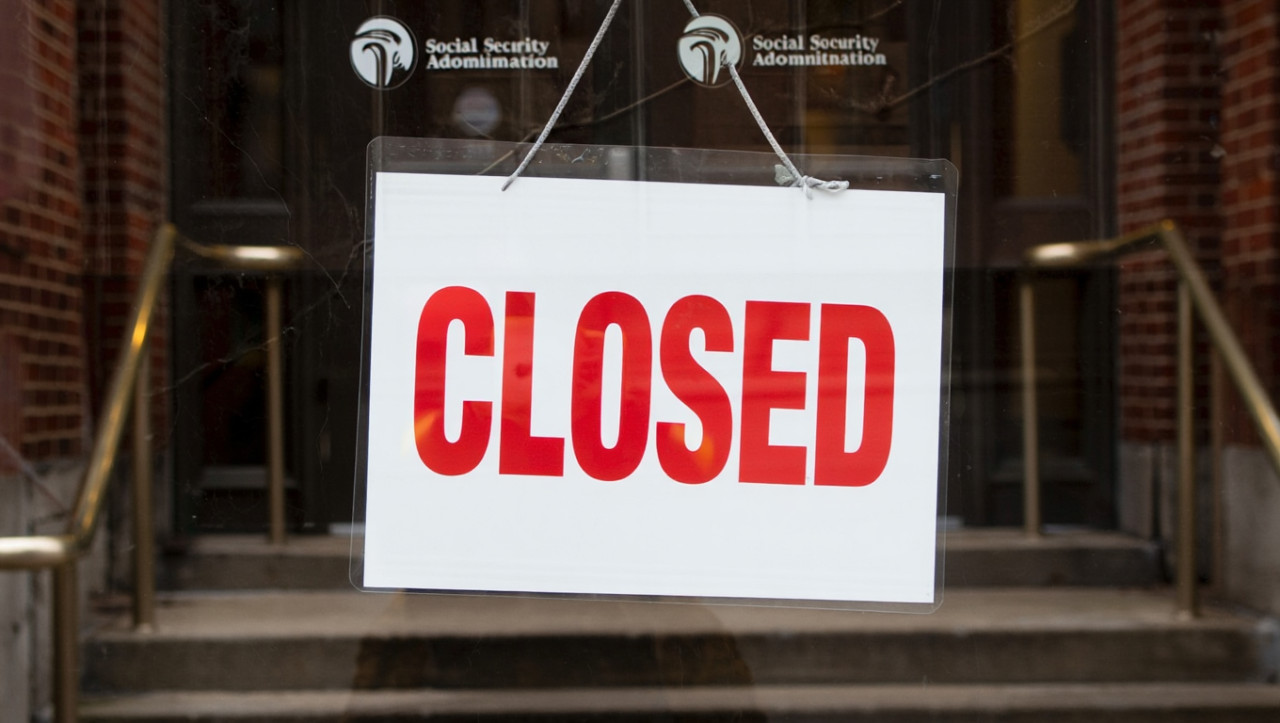Social Security Alerts, News & Updates
Social Security Office Closure Strands Hudson Valley Residents

Hudson Valley Residents Face Major Social Security Office Closure
Republican Congressman Mike Lawler is raising serious concerns after learning that the only Social Security office serving his Hudson Valley district will close this May. The announcement from the Social Security Administration has left thousands of residents wondering where they’ll turn for essential services.
The White Plains location, which currently manages 2,000 backlogged cases, is shutting down due to health and safety concerns cited by officials. This closure means residents who need to apply for Social Security benefits or resolve complex issues will face significantly longer travel times.
Local Social Security Office Closure Sparks Political Response
Congressman Lawler didn’t hold back his frustration, calling the decision “a slap in the face to thousands of my constituents.” His strong reaction reflects the genuine challenges facing Social Security beneficiaries who rely on in-person services.
Acting Commissioner Leland Dudek defended the closure, stating, “I’m not going to jeopardize health and safety.” However, critics point out that forcing elderly residents to travel to Manhattan or Connecticut offices creates its own set of challenges, especially for those without reliable transportation.
The timing has added fuel to the political fire, with Lawler emphasizing that this closure was initiated during the current administration. The congressman argues that closing the local Social Security office without providing adequate alternatives shows a disconnect between administrative decisions and community needs.
Alternative Solutions Rejected by Social Security Administration
In an interesting twist, Westchester County officials reportedly offered alternative spaces to keep the Social Security office operational. The Social Security Administration declined these options, leaving many to wonder why viable solutions were dismissed.
This rejection becomes more puzzling when you consider that residents now face these alternatives:
- Driving to Lower Manhattan’s congested business district
- Traveling to New Haven, Connecticut, crossing state lines
- Attempting to resolve issues through the Social Security phone number
- Managing everything through my Social Security account online
For many seniors who aren’t comfortable with technology or need face-to-face assistance, these options present real hardships.
Nationwide Pattern of Social Security Office Closures
The White Plains closure isn’t an isolated incident. A total of 47 Social Security offices are scheduled to close nationwide this year, creating access issues for millions of Americans.
These closures come at a particularly challenging time. The Social Security Administration serves 72 million people while planning to reduce its workforce by 12%. Simple math suggests this combination will strain the system even further.
Residents who depend on their local Social Security office face several immediate concerns:
- Increased wait times at remaining offices
- Difficulty accessing specialized services
- Challenges for those without internet access
- Transportation barriers for elderly and disabled individuals
New Rules Complicate Access to Services
Starting March 31, accessing Social Security services will become more complicated. The administration is implementing new identity verification procedures that eliminate phone verification options. This means more people will need to either visit a Social Security office in person or navigate the online system.
For those comfortable with technology, mandatory online account registration through my Social Security account might seem reasonable. But consider the many seniors who still prefer in-person assistance or struggle with digital platforms. They’re essentially being told to adapt or face hours of travel.
The new requirements include:
- Mandatory online registration for certain services
- In-person identity verification for complex issues
- Limited phone support options
- Stricter documentation requirements
Real Impact on Hudson Valley Communities
The closure of this Social Security office affects more than just convenience. For many residents, especially elderly individuals and those with disabilities, traveling to distant offices creates genuine hardships. Public transportation options are limited, and not everyone has family members who can provide rides.
Consider a typical scenario: An 80-year-old widow needs help with her survivor benefits. Previously, she could visit the White Plains office, perhaps combining the trip with local errands. Now, she faces navigating Manhattan traffic or crossing into Connecticut. For someone on a fixed income, even the gas money or train fare represents a significant expense.
Local advocacy groups have expressed concern about the domino effect. When people can’t easily access their local Social Security office, they may delay addressing important issues, potentially missing out on benefits or facing financial complications.
Looking Ahead: What This Means for Social Security Services
As Congressman Lawler continues fighting this closure, the situation highlights broader questions about government service accessibility. The Social Security Administration maintains that digital services and phone support can handle most needs, but real-world experience suggests otherwise.
Many transactions still require in-person verification, especially for complex cases involving disability claims, survivor benefits, or identity issues. Without a local Social Security office, these already stressful situations become even more challenging.
For now, Hudson Valley residents preparing for the May closure should take proactive steps. Creating a my Social Security account before the office closes can help with basic services. Those with pending cases should try resolving them soon, while in-person help remains available locally.
The controversy surrounding this closure reflects a larger debate about balancing efficiency with accessibility. While administrative concerns about building safety are valid, the lack of local alternatives leaves thousands of constituents in a difficult position. As one resident put it, “They’re fixing a problem by creating a bigger one.”
This situation serves as a reminder that behind every administrative decision are real people who depend on these services. Whether you need to apply for Social Security benefits or update your information, having a local Social Security office matters. As this story develops, one thing remains clear: the residents of Hudson Valley deserve better than a two-hour commute for basic government services.